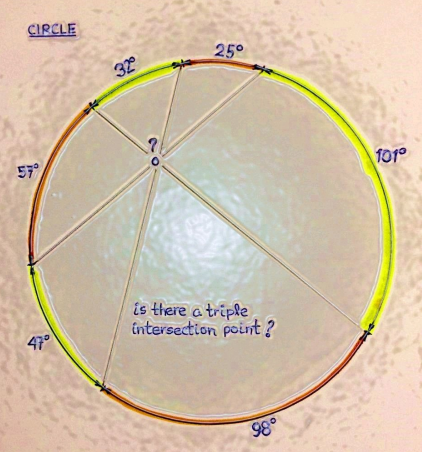
AllQuestion and Answers: Page 354
Question Number 186739 Answers: 1 Comments: 0
Question Number 186737 Answers: 1 Comments: 1

Question Number 186736 Answers: 1 Comments: 0

Question Number 186735 Answers: 1 Comments: 0

Question Number 186726 Answers: 2 Comments: 0

Question Number 186721 Answers: 1 Comments: 1

Question Number 186705 Answers: 1 Comments: 1
Question Number 186701 Answers: 2 Comments: 2

Question Number 186698 Answers: 0 Comments: 0

Question Number 186697 Answers: 2 Comments: 0

Question Number 186692 Answers: 1 Comments: 1

Question Number 186691 Answers: 1 Comments: 0

Question Number 186690 Answers: 1 Comments: 0

Question Number 186689 Answers: 1 Comments: 1
Question Number 186688 Answers: 0 Comments: 1
Question Number 186685 Answers: 1 Comments: 0
Question Number 186682 Answers: 0 Comments: 0
Question Number 186681 Answers: 0 Comments: 0
Question Number 186680 Answers: 0 Comments: 0
Question Number 186667 Answers: 2 Comments: 0

Question Number 186666 Answers: 0 Comments: 0
Question Number 186675 Answers: 2 Comments: 0

Question Number 186662 Answers: 1 Comments: 0

Question Number 186659 Answers: 0 Comments: 1
Question Number 186732 Answers: 2 Comments: 0

Question Number 186657 Answers: 1 Comments: 0

Pg 349 Pg 350 Pg 351 Pg 352 Pg 353 Pg 354 Pg 355 Pg 356 Pg 357 Pg 358
